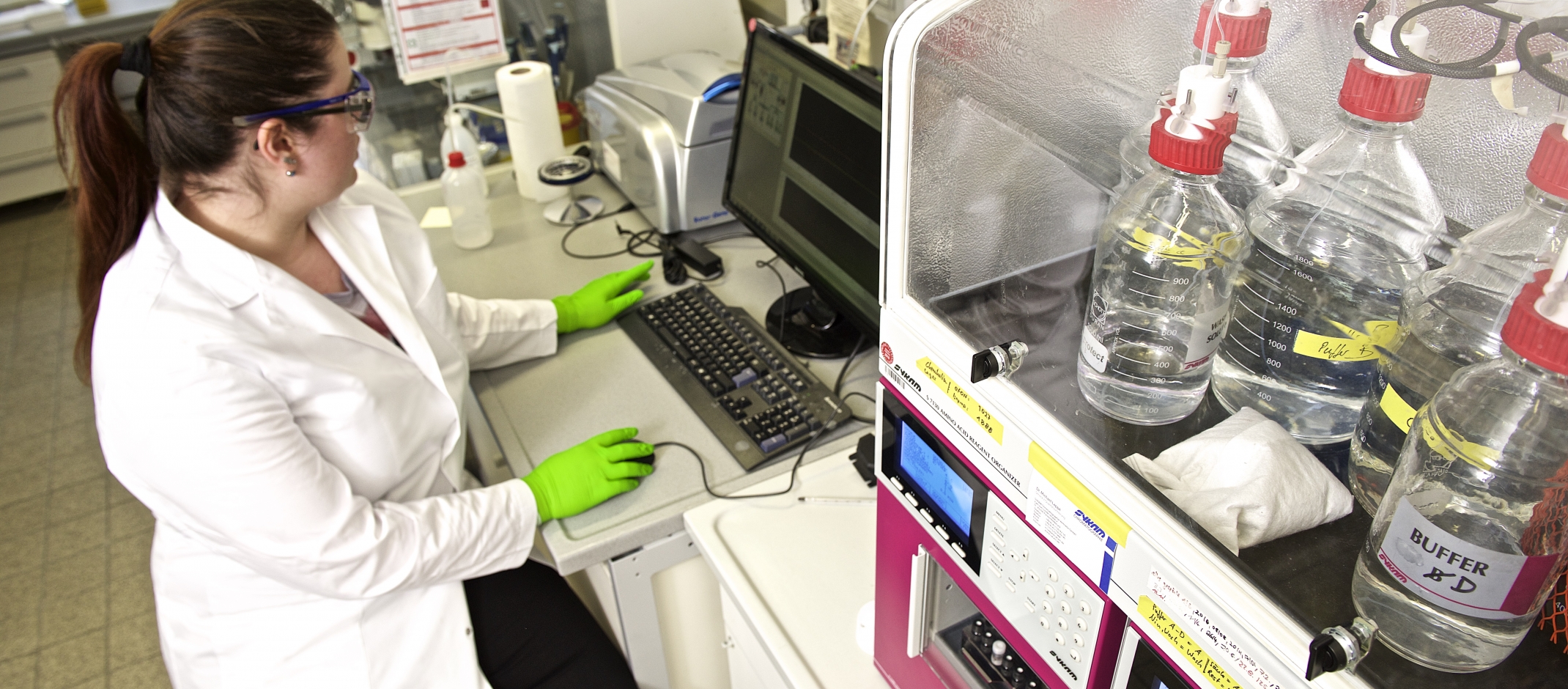More acceptance for animal-free research methods

The University of Konstanz and the Center for Alternatives to Animal Testing-Europe (CAAT-Europe) housed there, which is headed by Konstanz biologist Professor Marcel Leist and Professor Thomas Hartung (Johns Hopkins Bloomberg School of Public Health in Baltimore, US), are members of the newly founded “3R Network Baden-Württemberg”. The university network aims at “promoting scientific research and the protection of animals in equal measure”, according to the official press release by the Ministry of Science, Research and the Arts Baden-Württemberg (MWK). Of the total 3.8 million euros in funding from the MWK, around 495,000 euros will be made available to the University of Konstanz for its project “Research and harmonization activities to promote acceptance of advanced animal-free new approach methods (NAM) and data therefrom in different stakeholder communities”. In this project, the University of Konstanz and CAAT-Europe intend to refine animal-free approaches, increase the transparency and acceptance of these alternative methods, as well as strengthen the international exchange between the worlds of research, politics, and industry.
The "3R Network Baden-Württemberg" unites leading biomedical institutions in the state striving to improve animal welfare in research and teaching and, in particular, to advance research in the field of alternative methods to animal testing using the 3R principle. The 3Rs stand for Replacement, Reduction, and Refinement. The underlying principle is to replace the use of animals or reduce the number of animals used to a minimum. If animal testing is still required, the way experiments are carried out should be refined to make sure animals suffer as little as possible.
The University of Konstanz is a pioneer in the field of alternatives to animal testing: In 2006, it was the first university in Germany to create a chair of in-vitro methods to replace animal experiments, held by Professor Marcel Leist, and initially funded through the Doerenkamp-Zbinden Foundation. In addition to that, the Centre for Alternatives to Animal Testing-Europe (CAAT-Europe) was established on its campus, co-directed by Marcel Leist (University of Konstanz) and Professor Thomas Hartung (Johns Hopkins Bloomberg School of Public Health in Baltimore). CAAT-Europe is the coordinator of the project carried out at the University of Konstanz in the context of the “3R Network Baden-Württemberg”.
Developing alternative methods further
A 2020 report by the European Union currently concludes that the number of animals used annually in Europe for research and experimental purposes shows a positive trend in terms of animal welfare. To reduce the number of animal experiments further with the help of alternative methods, the University of Konstanz and CAAT-Europe are now pursuing a dual strategy in the context of the state network: research and international standardization.
In some areas of industry and research, alternatives to animal testing are already used on a regular basis. To increase acceptance and applicability in regulatory science and biomedicine, however, further research is required. Consequently, CAAT-Europe will carry out research in the field of alternatives to animal testing in addition to the ongoing networking and information work. The aim is to refine and better characterize alternative methods for animal testing co-developed at the University of Konstanz. One research focus of CAAT-Europe will be on the experimental testing of biokinetic processes in human stem cell cultures, an established alternative method to animal experiments, and their mathematical modelling. New insights about, for example, how active substances are distributed over time in cell cultures and how they react or are converted by metabolic processes are needed to be able to transfer results from animal-free in-vitro studies (test-tube experiments) or in-silico studies (computer simulations and mathematical models) to humans.
Standardization and acceptance
The second goal of CAAT-Europe within the funded project is – in addition to spreading the research results in the network – increasing the standardization of experiment protocols, of validation and admission processes of alternatives to animal testing as well as of reporting, storing and providing research data.
Maximum transparency and international standardization will increase the reproducibility of research results obtained through alternatives to animal testing and make their promotion and application more attractive for biomedical research as well as for global players from politics and industry.
Dr Giorgia Pallocca, deputy director and coordinator of CAAT-Europe
With a view to internationalization, the “3R Network Baden-Württemberg” will also benefit from the work already completed at CAAT-Europe. CAAT-Europe is an independent institution with extensive connections to different international interest groups and decision-makers, including the US-Food and Drug Administration (FDA) and the European Food Safety Authority (EFSA). In 2014, CAAT-Europe also became an official external advisor to the European Parliament on issues related to future technologies in the life sciences.
CAAT-Europe will utilize these connections to bring together at conferences and workshops the research members of the ‘3R-Network Baden-Württemberg’ and international decision-makers from politics and industry as well as other international research experts from the field of alternatives to animal testing. The goal here is to strengthen trust in these methods, increase acceptance and jointly develop strategies for the future.
Professor Marcel Leist
State-wide research network
Alongside the University of Konstanz and CAAT-Europe, other leading biomedical locations in Baden-Württemberg are involved in the “3R Network Baden-Württemberg”: The 3R Center Tübingen For In Vitro Models and Alternatives to Animal Testing, the “3R-Zentrum Rhein-Neckar” (University of Heidelberg and the Central Institute for Mental Health in Mannheim), the 3R-US Network (University of Stuttgart and Robert-Bosch hospital), the “Interdisziplinäres Zentrum zur Erforschung von Darmgesundheit“ (Heidelberg University) as well as the universities in Ulm, Freiburg, Heidelberg, Tübingen, Reutlingen and the “Fraunhofer-Institut für Grenzflächen- und Bioverfahrenstechnik (IGB)” in Stuttgart. The network is unique in Germany in terms of its thematic depth and breadth, states Minister of Science Theresia Bauer.
